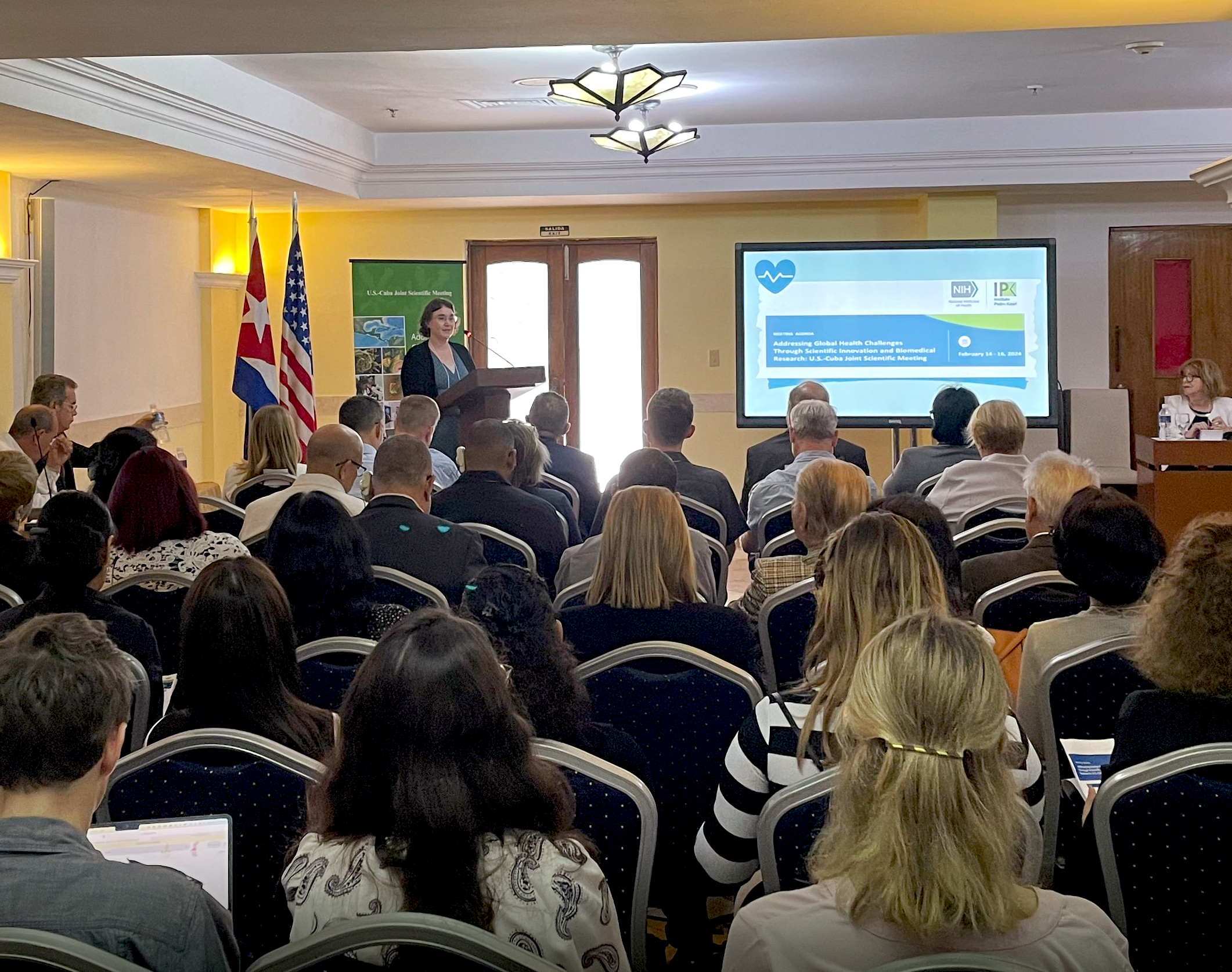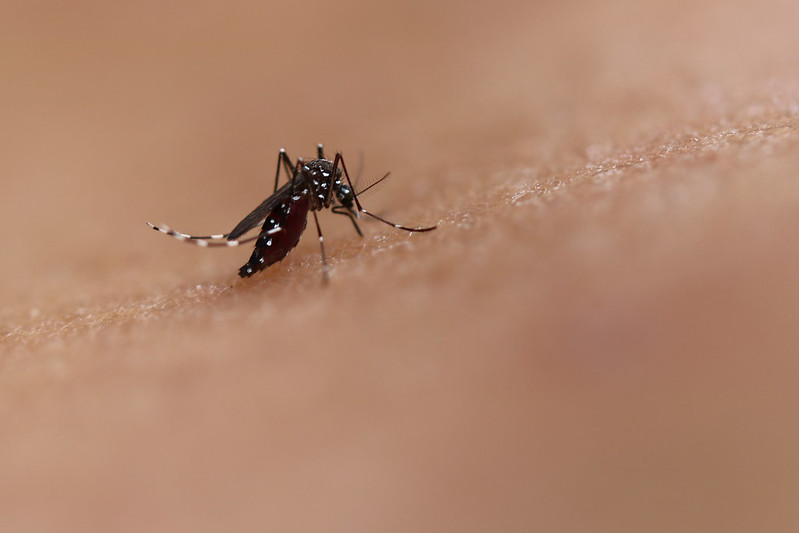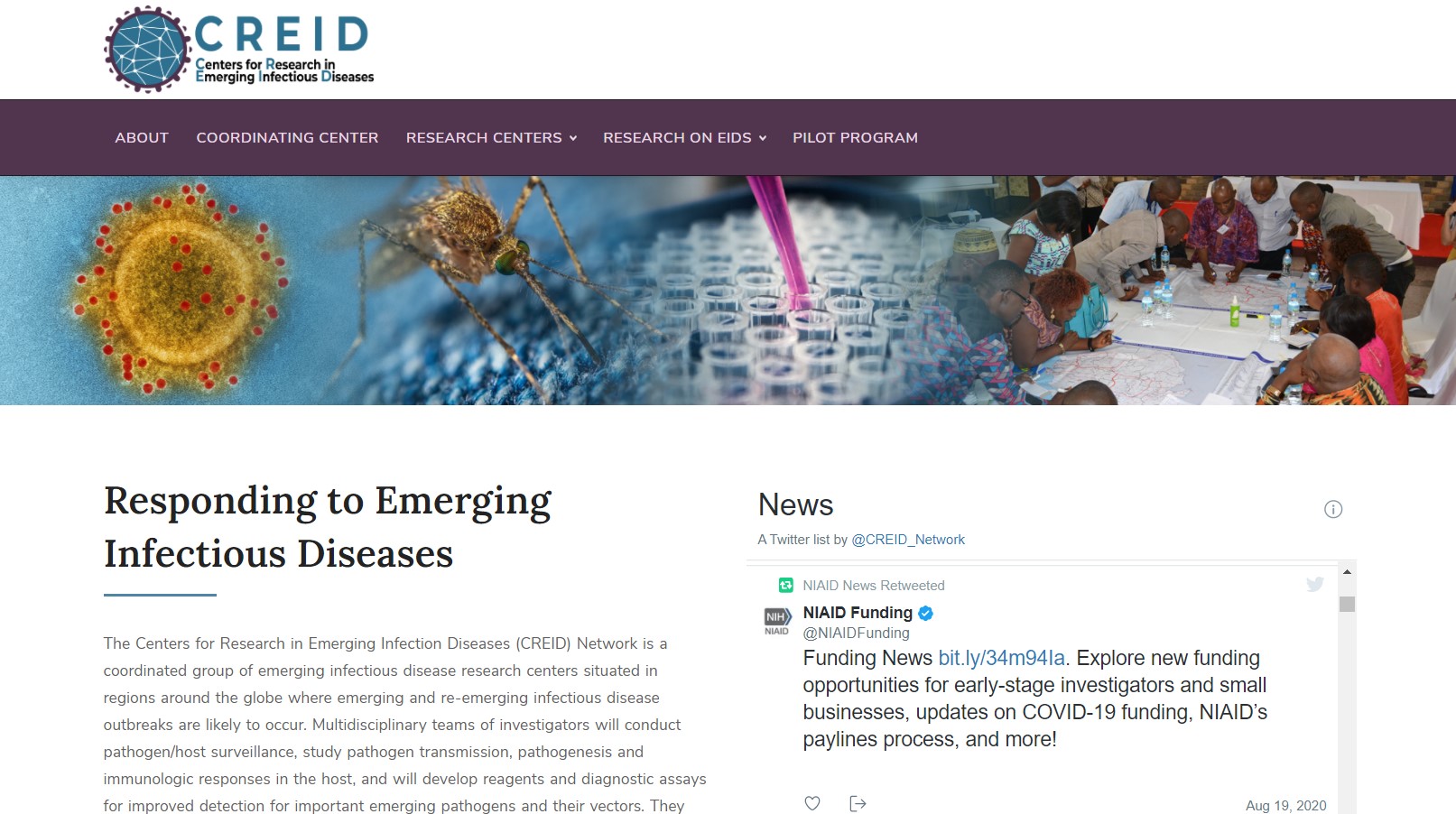Dengue has emerged as a global health threat, while scientists still know little about how the virus infects cells and causes the disease. To answer these questions, NIAID supports a wide-range of basic research activities aimed at better understanding the biology of the dengue virus, the progression of disease in infected people, and the interactions between the virus and the immune system. New research findings are shedding light on the mechanisms of dengue infection, such as how the virus enters the cells and how the human immune system responds to dengue infection. Other NIAID projects are identifying the human and viral factors that determine and contribute to the severity and transmissibility of this disease.
Since 2004, one group of NIAID-funded researchers has been conducting a prospective seroepidemiological cohort study in Nicaragua of the natural history of dengue transmission in children. This study, published in 2010, found that variations in climate and interventions are associated with annual trends in transmission. NIAID-supported researchers studying the mosquito vector are exploring interactions between the virus and vector and how this transmission is affected by mosquito immunity, genetics and metabolic pathways.
Much of the basic research on dengue fever is done in labs at NIAID.
Scientific Advances
New Tool Identifies Aedes Mosquito Exposure in People
May 1, 2024Scientists at NIAID developed a new tool to help identify geographic hot spots for Aedes mosquitoes, a type of mosquito that can spread diseases such as dengue, Zika and chikungunya. The tool uses a marker from blood serum to identify people bitten by Aedes mosquitoes. Monitoring for this marker in blood samples could help find sites where disease-carrying mosquitoes live, allowing for targeted…
NIAID and Cuban Scientists Gather to Discuss Global Health Challenges
February 23, 2024Recent disease outbreaks in the Americas led U.S. and Cuban scientists to hold a meeting Feb. 14-16 on Addressing Global Health Challenges Through Scientific Innovation and Biomedical Research.

Cornell Professor—Environment Drives Mosquito-borne Diseases
August 19, 2022In recognition of World Mosquito Day on Saturday, Aug. 20, NIAID interviewed grantee Courtney Murdock, Ph.D., of Cornell University to learn more about her team’s research on the relationship between the environment and mosquito-borne diseases. Read how monitoring temperature, humidity – and the need for more data – will affect whether scientists can make a significant public health impact for…

NIAID Establishes Centers for Research in Emerging Infectious Diseases
August 27, 2020The National Institute of Allergy and Infectious Diseases (NIAID), one of the National Institutes of Health, today announced that it has awarded 11 grants with a total first-year value of approximately $17 million to establish the Centers for Research in Emerging Infectious Diseases (CREID).



